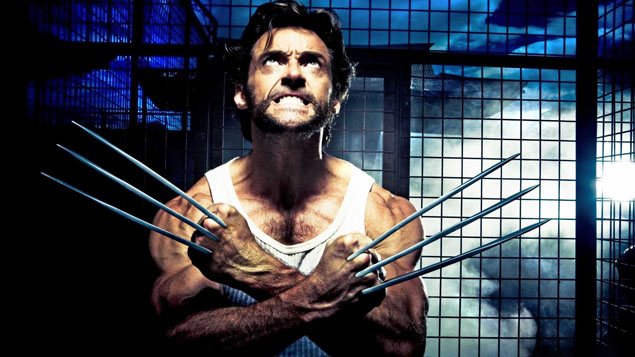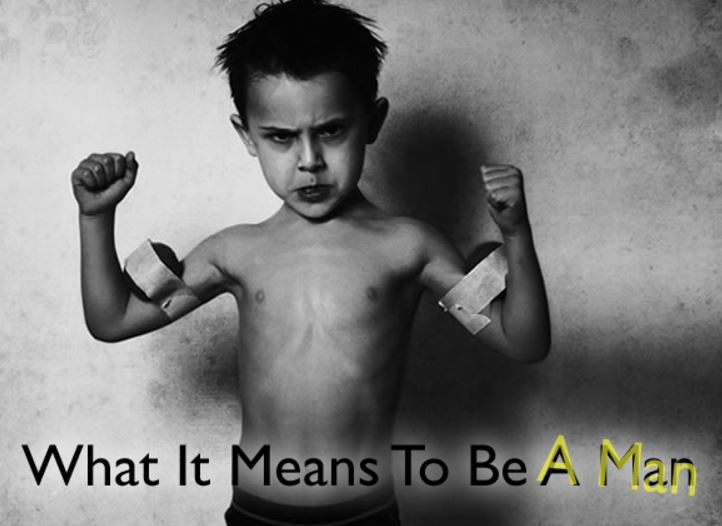
Hypermasculinity is a term for the exaggeration of male stereotypical behaviour, emphasizing physical strength, aggression and sexuality. It relates to rigid gender expectations and the ways boys are taught to be men.
One of the first studies on hypermasculinity was conducted in the mid-1980s by two US psychologists. They created a system for measuring hypermasculinized traits in individuals, such as emotional control, risk-taking, violence, playboy, power over women, disdain for homosexuals and the pursuit of status. The research established the connection between hypermasculinity and aggression towards women.
Hypermasculinity – or toxic masculinity – is often reinforced in advertising and pop-culture. Phrases like "man up" or "boys don’t cry" inadvertently emphasize traits like lack of emotion or an emphasis on power and strength in boys and men. These narrowly defined gender traits have the potential to lock boys and men into limiting and ultimately damaging expectations of behaviour.

At the individual and interpersonal level, boys and men who conform to hypermasculinity can be impacted in their health and relationships. They are more likely to engage in risk-taking behaviour, experience body dissatisfaction and depression. When faced with mental health challenges they are less likely to seek help. These young men might experience difficulty forming balanced, open, respectful intimate relationships, have difficulty interpreting female clues and hold unattainable standards of beauty.
In recent years YWCA Metro Vancouver’s advocacy work has focused on the issue of hypersexualization of girls and women. We understand that hypermasculinization is tied to violence against and hypersexualization of girls and women and recently embarked on work that aims to shift these environments. Our research confirms that the sexualization of girls supports men’s dominant position in society, a position that is detrimental to gender equity and further strengthened by the hypermasculinization of boys, with both factors feeding into the continuation of violence against women.
To learn more about hypermasculinity and resources for raising kids in a hypermasculinized world click here.
YWCA Metro Vancouver offers a range of youth programs combatting hypermasculinity and promoting equality. If you would like to participate or volunteer with these programs contact Adam Butz, Volunteer and Community Engagement Coordinator, Youth Education Programs or visit this page to learn more.
Want to learn more about how you can join YWCA Metro Vancouver in addressing hypermasculinization and sexualization? Check out our Culture Shift project.


